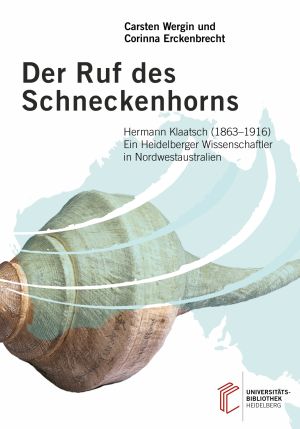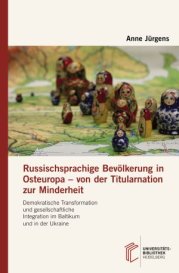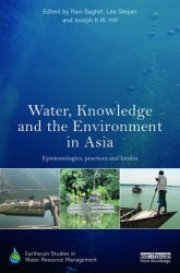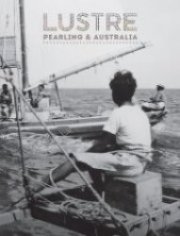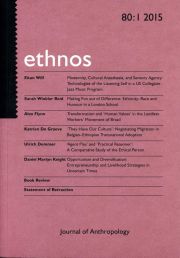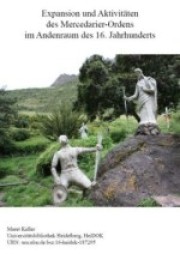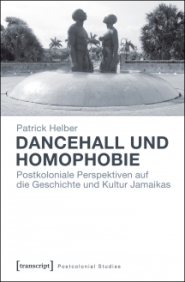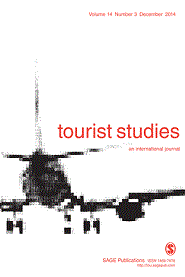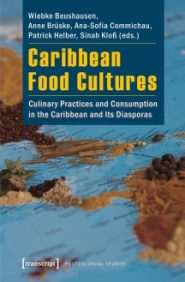Assoziierte Mitglieder und Kooperationen
I. “Those Damned Infidels” – The Frankish Raid on Alexandria in 1365 as a Turning Point. The Interdependence of Trade, Religion and Politics.
Anna K. Angermann, M.A., Wissenschaftliche Mitarbeiterin
This project examines how the Frankish raid on Alexandria in 1365 shook the relationship between “East” and “West” or Cyprus and the Mamluk Empire and influenced medieval Mamluk society. It analyses the raid in the sense of a fragile coalition under Cypriote rule against an instable Mamluk Empire with a heterogeneous population as well as the interdependence of trade, religion and politics. On the basis of European and Arabic sources, the aim is to understand the web of relationships between the various groups based in the Mamluk Empire and their relationship with the Mamluk authorities and their mutual perception. [...]
II. Fremde Apotheker in Venedig und deren Handel im Mittelmeer im 15. Jahrhundert: der Fall Agostino Altucci aus Arezzo
Dr. Phil. Andrea Mozzato
Der Apotheker Agostino Altucci kommt im Jahr 1465 aus der toskanischen Stadt Arezzo auf den großen Marktplatz Venedig, um sein Glück im Handel des Mittelmeerraums zu suchen. Grundstein seines Unternehmens bildet eine alte, heruntergewirtschaftete “spezieria“ am Rialto, die er zusammen mit seinem venezianischen Geschäftspartner Pietro de Bezzi neu aufbaut. Zehn Jahre lang macht Agostino Geschäfte mit unterschiedlichsten Kaufleuten, bevor er 1475 die Lagunenstadt verlässt, um in seine Heimatstadt zurückzukehren und dort - reich an Erfahrungen aus der Serenissima - sein Gewerbe fortzusetzen. [...]
III. Trans-European Diasporas: Migration, Minorities, and Diasporic Experience in East/Central Europe and the Eastern Mediterranean 500-1800
Cooperation with the CEU Budapest
The cooperation will explore questions such as: how did (the same) diasporic groups (for instance Roman soldiers, Jewish or Morisco refugees, Venetian or Florentine merchant groups) interact with their host societies in such different places as Constantinople, Buda and Cairo? How did diasporic experience contribute to the processes of cultural mediation and exchange between the two regions under study? How did diasporic communities negotiate legal regimes and extra-territorial rights in various East/Central European and Eastern Mediterranean contexts? Did the trade routes match the identifiable lines of communication among and within diasporic communities, as well as between them and the homeland or host society? How did different local concepts of identity and belonging inform the trans-regional diasporic experience of communities under study? [...]



